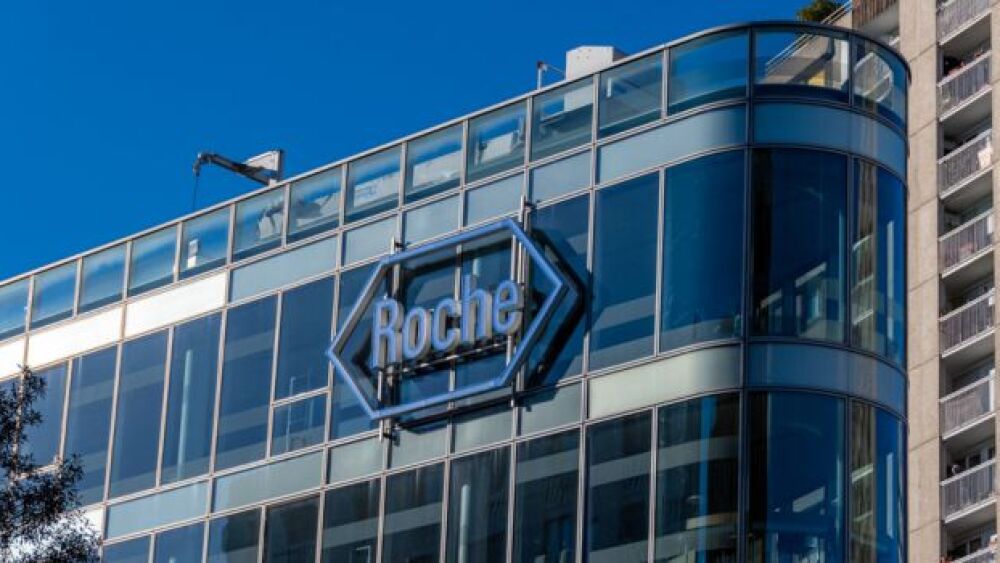SEATTLE--(BUSINESS WIRE)--The Alliance for Children’s Therapeutics (ACT), a pediatric research collaboration between Seattle Children’s Research Institute and biotech company Kineta Inc. today announced updated, positive data from joint research efforts using Kineta’s lead drug dalazatide, formerly ShK-186, for lupus nephritis. This ex-vivo study demonstrated that dalazatide may be effective in controlling flare in lupus patients. The results will be presented today at the American College of Rheumatology Annual Meeting in San Francisco.
“Our new data demonstrates that cells from pediatric and adult lupus patients are sensitive to dalazatide – the effector memory cells can be blocked very well, suggesting that this agent may be effective in treating lupus patients”
Lupus nephritis is an autoimmune disease which causes kidney inflammation and damage. The aim of this ACT research project is to find an alternative to the medications available today for children and teens with lupus nephritis and other autoimmune diseases. Current medications are effective in reducing some of the inflammation associated with the disease, but they also suppress the immune system, a side effect that is particularly undesirable in children.
In particular, Kineta and Seattle Children’s Research Institute presented new lupus data which showed that dalazatide can decrease a group of cytokines associated with active lupus disease. Importantly these results also show that dalazatide has the ability to suppress these cytokines which are associated with disease inflammation and damage to lupus patients to a degree similar to traditional but toxic therapies such as cyclosporine A.
“Our new data demonstrates that cells from pediatric and adult lupus patients are sensitive to dalazatide – the effector memory cells can be blocked very well, suggesting that this agent may be effective in treating lupus patients,” said Dr. Anne Stevens a pediatrician and rheumatology researcher at Seattle Children’s Research Institute.
About ACT
Bringing together one of the U.S.’s top five pediatric research institutions with a leading biotechnology company, ACT aims to speed development of medicines for children and teens with autoimmune diseases.
There are significant barriers in developing pediatric therapies and the lack of pediatric medication use information poses risks to children and teens. The shortage of appropriate formulations may deny access and expose them to medications that were not designed for their growing bodies. The challenge of recruiting sufficient numbers of pediatric patients for clinical research also delays the development of better therapies for pediatric diseases and conditions.
In 2014, the U.S. Food and Drug Administration (FDA) approved 41 new drugs; only 4 were approved for pediatric use. And of the 55,000 clinical trials conducted between 2005 and 2010, only nine percent were designed for children. For more information, please visit the Alliance for Children’s Therapeutics Website at www.childrenstherapeutics.org
About Kineta, Inc.
Kineta, Inc. is a Seattle-based privately held biotechnology company specializing in clinical advancement of novel drug candidates derived from leading edge scientific research. Our world-class scientists are pioneers in developing life-changing classes of new drugs designed to be more effective and safer than current medicines. Kineta seeks to improve the lives of millions of people suffering from autoimmune and viral diseases and from severe pain. Our progressive business model focuses on targeting unmet medical needs and rapid achievement of important clinical milestones. For more information on Kineta, Inc. visit our website, www.Kinetabio.com
About Seattle Children’s Research Institute
Located in downtown Seattle’s biotech corridor, Seattle Children’s Research Institute is pushing the boundaries of medical research to find cures for pediatric diseases and improve outcomes for children all over the world. Internationally recognized investigators and staff at the research institute are advancing new discoveries in cancer, genetics, immunology, pathology, infectious disease, injury prevention and bioethics, among others. As part of Seattle Children’s Hospital, the research institute brings together leading minds in pediatric research to provide patients with the best care possible. Seattle Children’s serves as the primary teaching, clinical and research site for the Department of Pediatrics at the University of Washington School of Medicine, which consistently ranks as one of the best pediatric departments in the country. For more information, visit http://www.seattlechildrens.org/research.
About dalazatide
Dalazatide (formerly ShK-186) recently completed a Phase 1b clinical trial in plaque psoriasis. The drug candidate has a novel mechanism of action (MOA). Preclinical and clinical data have shown that dalazatide is a selective and potent blocker of the voltage-gated Kv1.3 potassium channel - a key channel in the activation of effector-memory T cells. Effector memory T cells are implicated in the pathology of many autoimmune diseases. Dalazatide was the first specific Kv1.3 inhibitor advanced into human clinical trials. Dalazatide is being studied as a potential therapy for autoimmune diseases including lupus, ANCA Vasculitis, multiple sclerosis, psoriasis, psoriatic arthritis, rheumatoid arthritis, type 1 diabetes, inflammatory bowel diseases, asthma, atopic dermatitis and autoimmune eye diseases. The lupus, multiple sclerosis, and inflammatory bowel disease research is being conducted in conjunction with the Alliance for Children’s Therapeutics, a drug development and funding collaboration between Kineta and Seattle Children’s Research Institute.
NOTICE: This document contains certain forward-looking statements, including without limitation statements regarding Kineta’s plans for clinical studies, anticipated drug effects in human subjects and financial performance. You are cautioned that such forward-looking statements are not guarantees of future performance and involve risks and uncertainties inherent in Kineta’s business which could significantly affect expected results, including without limitation progress of drug development, intellectual property protection and enforcement, efficacy and demand for the products, clinical testing and regulatory approval, changes legislative, fiscal, and other regulatory measures, competition from other drug development companies, our ability to raise funds on acceptable terms, and our ability to recruit and retain scientists and key personnel. All forward-looking statements are qualified in their entirety by this cautionary statement, and Kineta undertakes no obligation to revise or update any forward-looking statement to reflect events or circumstances after the issuance of this press release.
Kineta
Dan Eramian, 206-518-5564
deramian@kineta.us
or
Seattle Children’s Research Institute
Hanady Kader
hanady.kader@seattlechildrens.org
Help employers find you! Check out all the jobs and post your resume.




